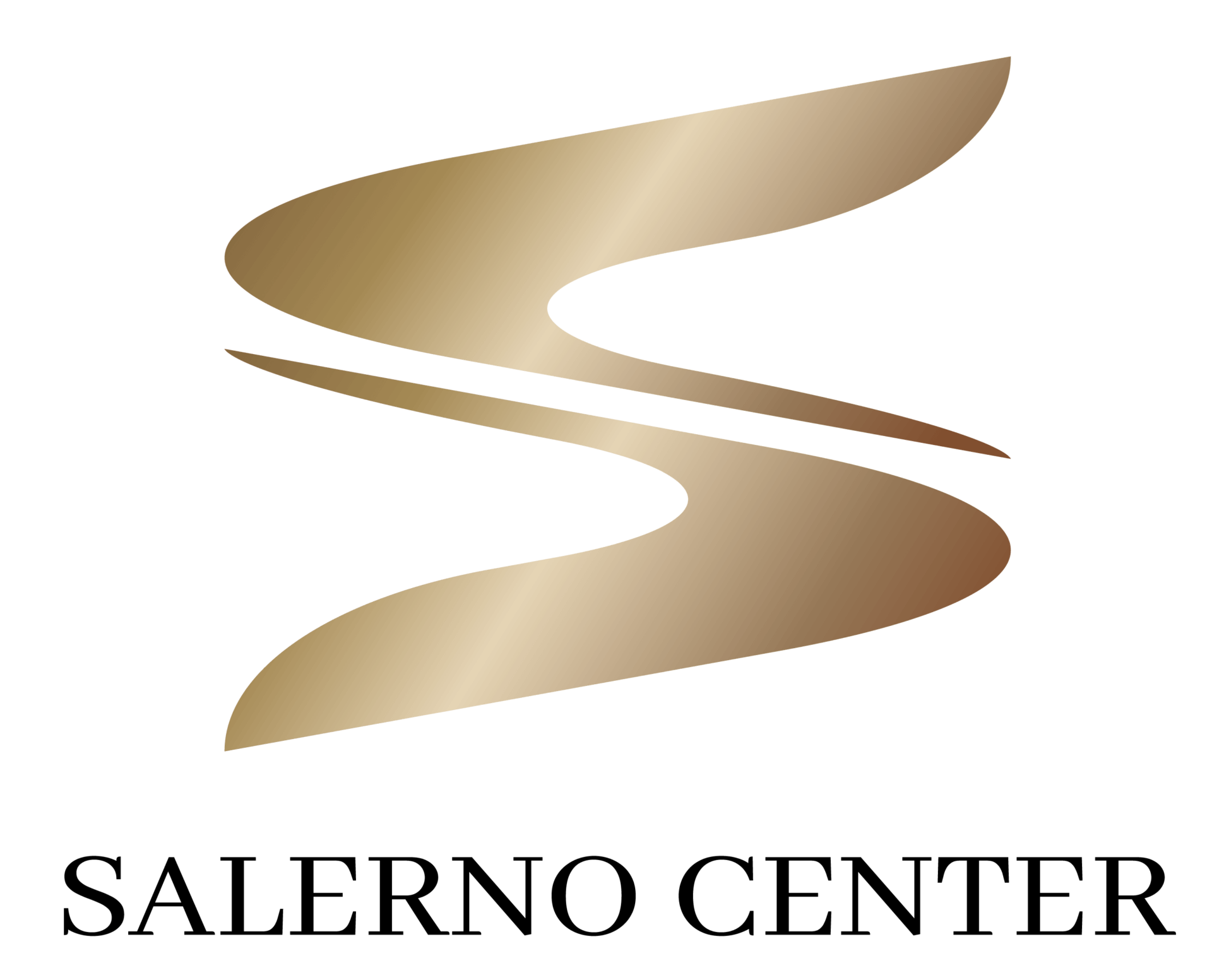VIEW OUR CURRENT SPECIAL OFFERS
Scar Revision
The minimally invasive nature of laser scar-revision treatments means that they are well tolerated by patients, and faster recovery times allow the psychological impact of scar revision treatments to be realized much sooner by patients.
Harnessing the Medical Power of Light
Lasers are ideally suited for the effective treatment of a wide range of scar tissues. Er:YAG skin resurfacing is used for gentle ablation of scar tissue and activation of collagen remodeling. Acne scars in particular respond well to Er:YAG treatments. For hypertrophic scars, clinical research conducted with the Nd:YAG wavelength show further improvement in the aesthetic appearance and overall tissue quality of a scar, including erythema, volume, pliability, etc.
A Synergistic Treatment Solution
With Fotona’s pioneering dual-wavelength scar-revision therapy, both nonablative Nd:YAG and fractional-ablative Er:YAG wavelengths are combined as part of a single comprehensive scar-treatment regimen, with immediate visible results that surpass that of traditional laser-based and conventional scar treatment techniques. Dual-wavelength scar treatment therapies provide a highly effective solution that not only addresses a scar’s aesthetic appearance but also helps to resolve complicating factors with the scar’s vascular feeding system.
The following dual-wavelength laser systems from Fotona are ideal for scar revision treatments, plus a wide range of other skin resurfacing and rejuvenation treatments:
Superior Performance
The Nd:YAG laser on the SP Dynamis & SP Spectro perfectly complements the Er:YAG laser’s ablative action with the ability to penetrate deeply into the skin to create thermal effects without damaging the skin surface. Compared to conventional Nd:YAG technologies, Fotona’s proprietary VSP pulses create virtually instantaneous temperature increases that are limited to the targeted structures only. No unnecessary energy is deposited into the skin.
Frequently Asked Question
about Laser
Scar Revision
- Laser scar revision is a non-invasive procedure that uses focused light therapy to improve the appearance of scars. It works by removing or reshaping damaged skin layers, stimulating collagen production, and promoting skin healing.
- The laser emits concentrated light, which is absorbed by the scar tissue. This helps to break down scar tissue and stimulate the growth of new, healthy skin cells. Different types of lasers are used depending on the scar’s characteristics.
- Laser scar revision is effective for many types of scars, including acne scars, surgical scars, injury scars, and scars from burns. However, its effectiveness can vary depending on the scar’s age, size, and depth.
- Pain and discomfort are generally minimal. Patients often describe the sensation as a rubber band snapping against the skin. Topical anesthetics or cooling devices may be used to reduce discomfort during the procedure.
- The number of treatments varies depending on the scar’s size, type, and severity. Typically, multiple sessions are needed, spaced several weeks apart, to achieve the best results.
- Recovery time is usually short, with most people able to resume normal activities within a day. However, the treated area may be red and swollen for a few days. Complete healing and final results can take several weeks to months.
- Common side effects include temporary redness, swelling, and itching. Less common risks include changes in skin pigmentation, blistering, and infection. It’s important to follow post-treatment care instructions to minimize risks.
- Effectiveness varies, but many patients see a significant improvement in the appearance of their scars. The outcome depends on the type of scar, the specific laser used, and the individual’s skin type and healing response.
- Yes, it’s often combined with other treatments like corticosteroid injections, surgical scar revision, or dermal fillers for more comprehensive results.
- A good candidate is someone with a fully healed scar, realistic expectations, and no active skin infections. A consultation with a dermatologist or plastic surgeon specializing in laser treatments is necessary to determine if laser scar revision is suitable for you.
Remember, individual results can vary, and it’s important to have a thorough consultation with a qualified healthcare provider to discuss your specific scar and the best treatment options.





